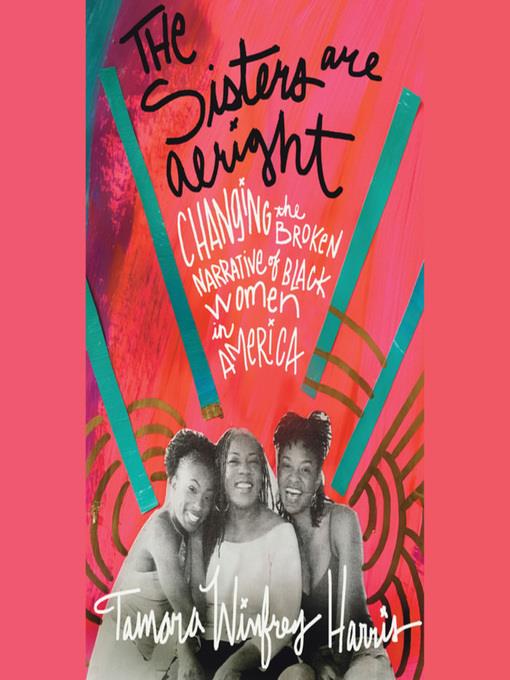
The Sisters Are Alright
Changing the Broken Narrative of Black Women in America
- اطلاعات
- نقد و بررسی
- دیدگاه کاربران
نقد و بررسی

May 18, 2015
Winfrey-Harris wants to set the record straight on the lives of black women in America. Through her own recollections and interviews with other, mostly middle-class, black women, she shows the obstacles they fight against, the flak they receive—including from black men—and how well many of them are doing despite it all. This energetic, passionate, and progressive mission statement illuminates old stereotypes that continue to dog black women today: servile, self-sacrificing Mammy; emasculating Sapphire; licentious Jezebel; and the post-1960s image of the Matriarch, a baby-producing single mom on welfare. More poignantly, Winfrey-Harris shows how negative perceptions cause African-American women to “hold their tongues,” “deny their sexuality,” and despise their appearances. At the same time, she emphasizes the extent to which black women are now directing their own lives and overcoming the race and gender biases so embedded in the culture. To wit, African-American women have the highest workforce participation rate among all American women, and in 2013, 1.1 million owned their own businesses. Jamyla Bennu, an entrepreneur featured in the book, founded Oyin Handmade, a company aimed at showing black women how to take care of and celebrate their hair. Winfrey-Harris amplifies the voices of African-American women speaking for themselves, and the results are powerful, relevant, and affirming.

June 1, 2015
By her own admission, Winfrey Harris is angry. This slim debut offering displays the author's well-deserved frustration for stereotypes like the subservient Mammy, emasculating Sapphire, and immoral Jezebel, and how each is portrayed in pop culture. In relating how these stereotypes (and others such as the Welfare Queen) affect black women, Winfrey Harris uses numerous anecdotes from peers to demystify the "strong black woman" and "angry black woman" as well as media fascination with the "black marriage crisis." Of note is the chapter on health, which explores the taboos of depression and suicide within the black community and the prominence of food deserts in certain areas. Unfortunately, Harris's information comes from a limited focus group; the only notable women mentioned are Beyonce and Michelle Obama, which makes one wish pre-21st-century icons were included. VERDICT Those who believe in postracial America will gain the most from this book; black women won't find much they didn't already know here, though they may obtain affirmation. With frequent mentions of the politics of black hair, this manifesto could complement collections in which Chimamanda Ngozi Adichie's We Should All Be Feminists, Ayana Byrd and Lori Tharps's Hair Story, and Chris Rock's film Good Hair circulate regularly.--Stephanie Sendaula, Library Journal
Copyright 2015 Library Journal, LLC Used with permission.




دیدگاه کاربران